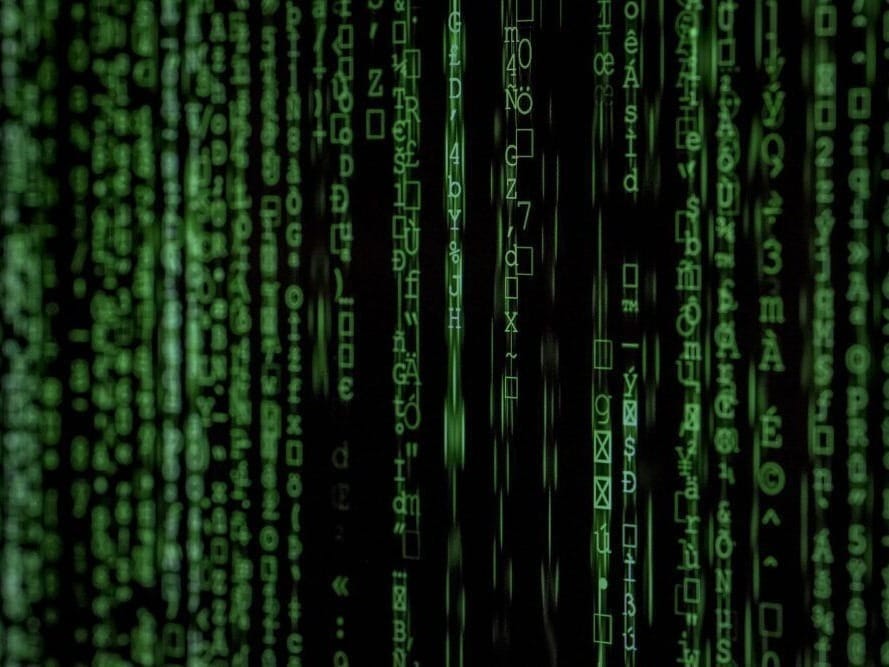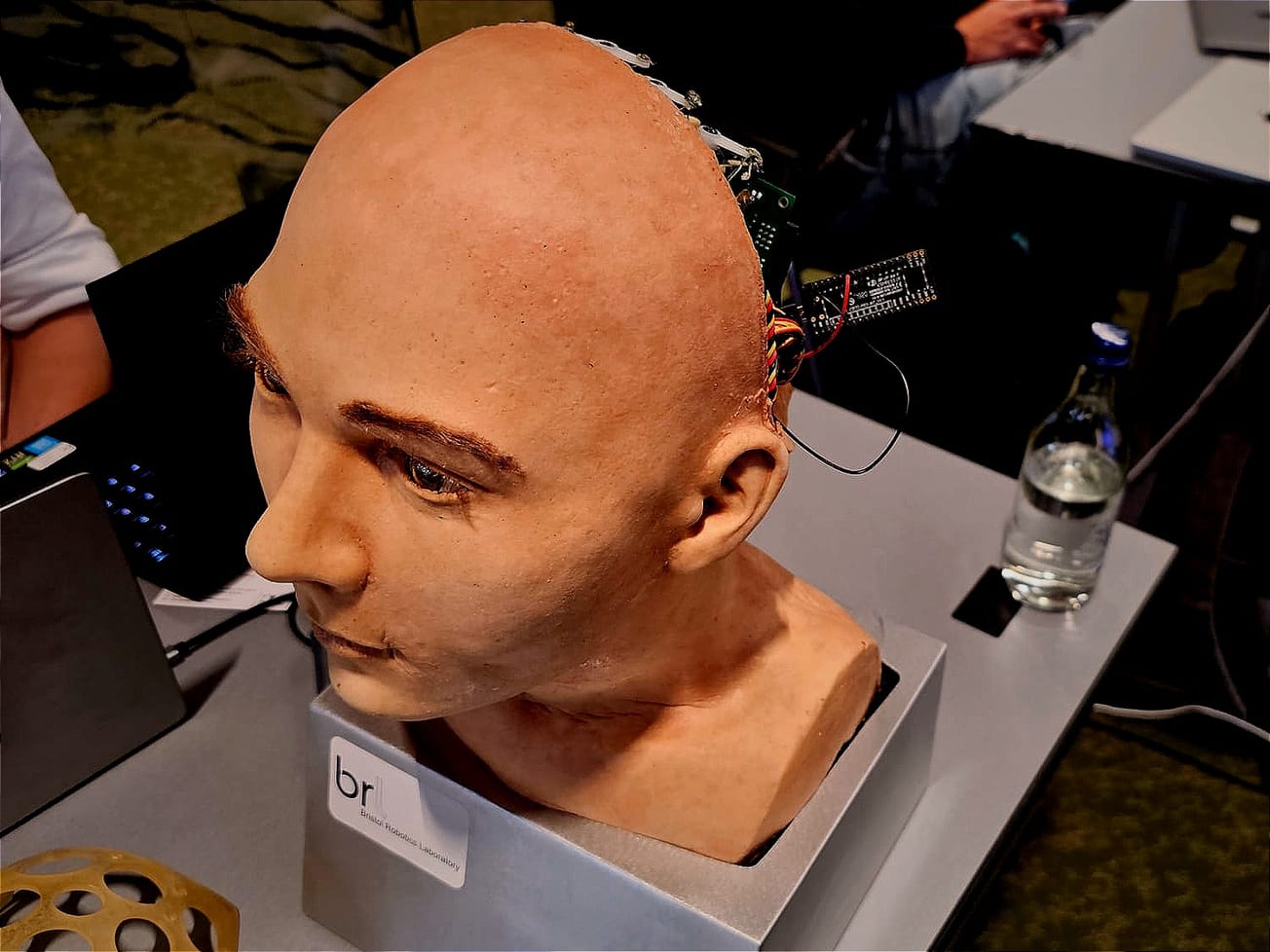BRUSSELS (AN) — Europe's new rules on data protection affect businesses and consumers around the world — and are 'of relevance' to the many international organizations that process personal data and must respect the right to privacy.
The centerpiece of the European Union's new rules, and what makes them important for international organizations, is the policy of accountability, experts say. Data handlers must be able to demonstrate compliance. People can ask for everything that is known about them and have it all deleted in keeping with their "right to erasure."








